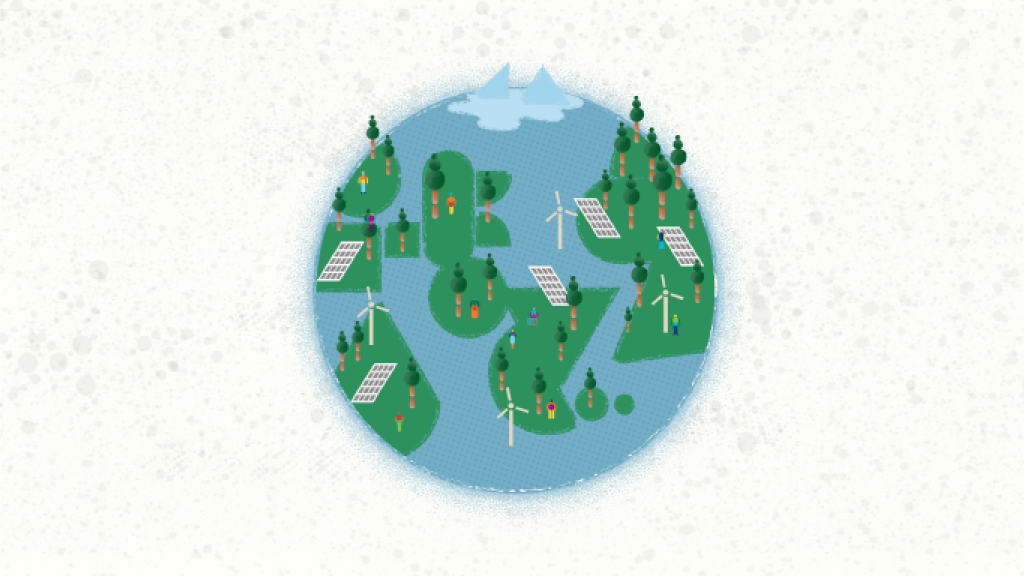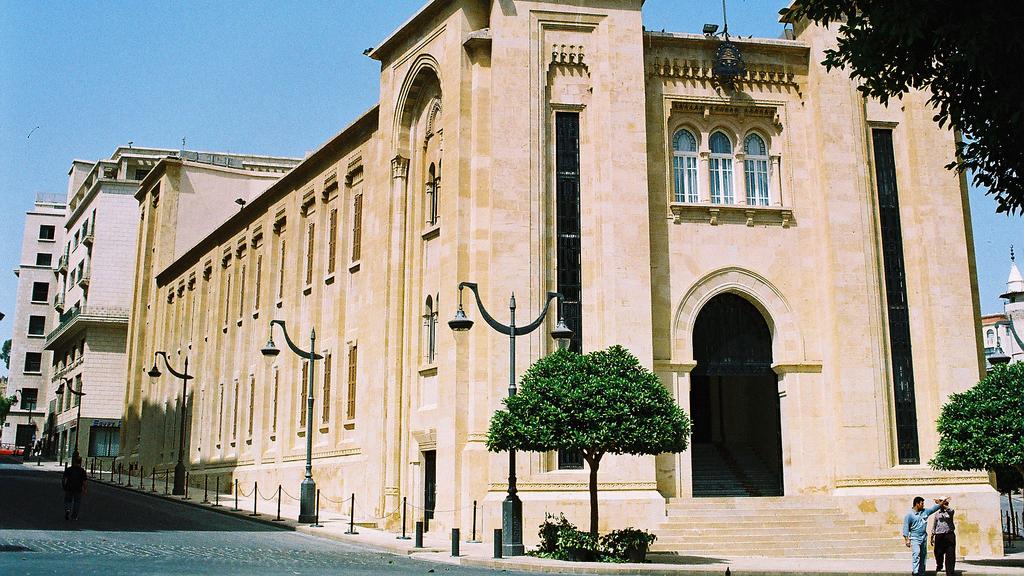Reshaping state-society relations in crisis-struck Lebanon

Context
Seats in the Parliament of Lebanon are divided equally among Muslims and Christians, then further among different religious sects, based on a 1932 census. The aim of this system is to balance the competing interests of 18 religious sects. The system however remains highly contested, vulnerable to instability, and bestows political power centrally among religions rather than citizens and the state.
The intended political and institutional balance of the 1989 Taif Peace Agreement, on the other hand, is proving ineffective. This agreement, which ended the 1975-1990 Lebanese civil war, sought to prevent any one sect from establishing dominance over others. But in effect, it has obstructed cross-party cooperation and hindered successive governments’ ability to deliberate on policy issues, public services, and economic growth. It also contributes to a situation where citizens have limited access to politics and decision-making processes.
WFD’s support
Shortly after Lebanon’s parliamentary elections in 2018, WFD began implementing the Strengthening Democratic Mechanisms for Reform, Accountability and Dialogue programme. This CSSF-funded programme contributed to promoting an open, inclusive, and accountable political system in Lebanon.
Initially, WFD was working to support the Lebanese Parliament to facilitate progress on policy issues in an open, evidence-based way. This was by working strategically to cultivate and guide more inclusive and open parliamentary processes. But the Beirut port explosion in 2020 and the COVID-19 pandemic worsened an already severe economic crisis. These created an intense period of political tension, instability, and controversy that challenged the credibility of elected leaders. Consequently, there were expanded waves of public demonstrations and citizen protests across the country.
In response, WFD sought to:
- Support the parliament to effectively respond to the country’s urgent crises and better communicate with its citizens
- Work with key change-makers in parliament and outside parliament to support reforms to Lebanon’s parliamentary system to build public confidence
Outcomes of the support
1. Strengthening the role of civil society in public affairs and parliamentary processes
Since October 2018, WFD has worked with a strategic coalition of civil society organisations (CSOs) to promote e-governance in Lebanon. WFD has helped to align the coalition’s – now known as the Digital Transformation and Governance Network (DTGN) – advocacy efforts with the needs of MPs and the parliamentary system. This is by providing the network with a better understanding of important e-governance issues, legislative processes, power dynamics, and incentives for change.

In March 2020, DTGN launched an online petition to support a draft bill proposed by Edgar Traboulsi MP on the topic of remote learning for universities. The petition – the first of its kind – gained significant traction, securing hundreds of signatures from MPs, CSOs, and the public. It also persuaded the Chair of the Education Committee to include the draft bill on the committee’s agenda. Moreover, by facilitating introductions between DTGN and the Information and Communication Technology (ICT) Committee, WFD helped to secure a standing invitation for DTGN to participate in the committee’s proceedings – a significant departure from traditionally closed parliamentary committees in Lebanon.
2. Women’s political leadership unlocks landmark reforms in civil-state relations
In February 2019, WFD connected with Inaya Ezzeddine MP in her capacity as Chair of the Women and Children Committee to explore ways to strengthen civil-state relations. WFD provided the MP with technical guidance and advice to develop the committee’s three-year strategy and action plan. Notably, this was the first such plan to be developed by a parliamentary committee in the Arab region. And it proved vital in committee’s efforts to better engage with citizens during the crises that engulfed Lebanon in 2020.

In February 2021, the Women and Children Committee later launched Lebanon’s first ever public hearings centred around economic security of Lebanese women in Lebanon’s multi-crisis. WFD supported the development of a terms of reference to invite local and international CSOs to the series of six public hearings, alongside an e-submission system. This has established a consultative, participatory, and policy-focused approach to the structural issues facing women in Lebanon. It also shaped a completely new model of cooperation between civil society and parliament.
‘‘For me as a member of the Lebanese civil society, bringing us into Parliament and engaging with us was a first... To us, it meant that Parliament was becoming more of an open and trustworthy entity.’’
Carine Elya (René Moawad Foundation)
This first-ever hearing sessions provided a space to debate and agree upon recommendations that would help improve the economic security of women in Lebanon. To support this, WFD entered a training partnership with Lebanon’s Parliamentary Research Centre (PRC). Together, WFD and PRC developed a summative report of the hearing session series. The report formed the basis for a seventh hearing session, with parliamentarians and CSOs joining to discuss and verify the findings and recommendations. These public hearings have supported Inaya Ezzeddine MP to draft an amendment to Lebanon’s labour laws to better regulate and legalise flexible working arrangements.



3. Building effective civil-state coalitions to take on and mitigate Lebanon’s crises
During the summer of 2021, the lifting of the fuel subsidies in Lebanon led to a crisis that resulted to extremely long car queues at gas stations. This hindered mobility for everyone, including medical personnel. To help counter this, WFD introduced Inaya Ezzeddine MP to DTGN to explore ways that ICT might be used to support citizens through the crises. Together, they reached out to the Union of Tyre Municipalities to allocate two gas stations for medical staff in the Tyre district. DTGN then developed an online application to schedule appointments of medical staff at gas stations. As a result, an estimated 1,500 medical personnel were able to use the system to schedule appointments.

WFD’s support has helped build trust between MPs and CSOs in Lebanon. MPs have come to view CSOs as trustworthy partners in decision-making, whilst CSOs view parliament as a more open and inclusive institution. This is an important contribution to opening the Lebanese political system through reshaping state-society relations.



